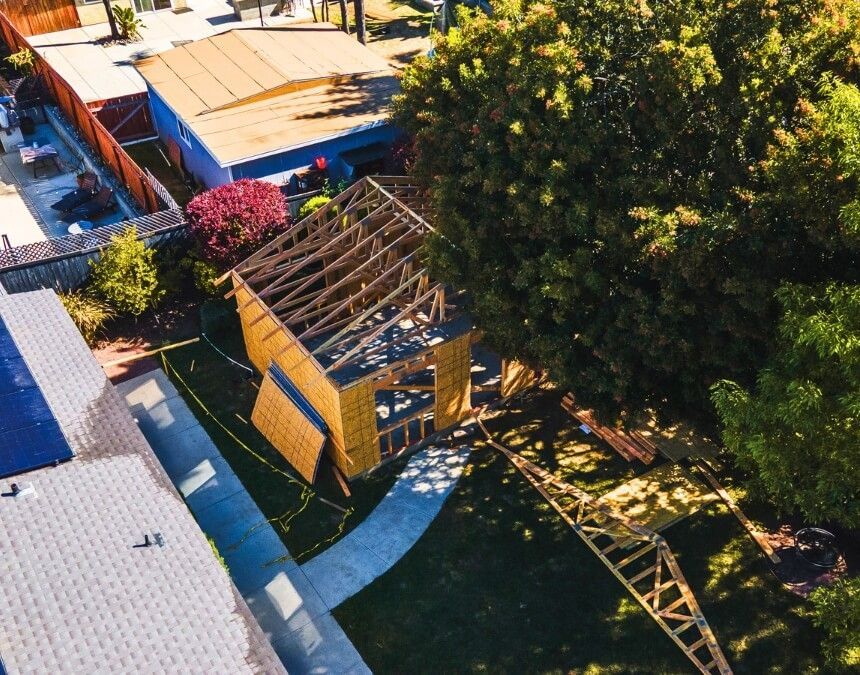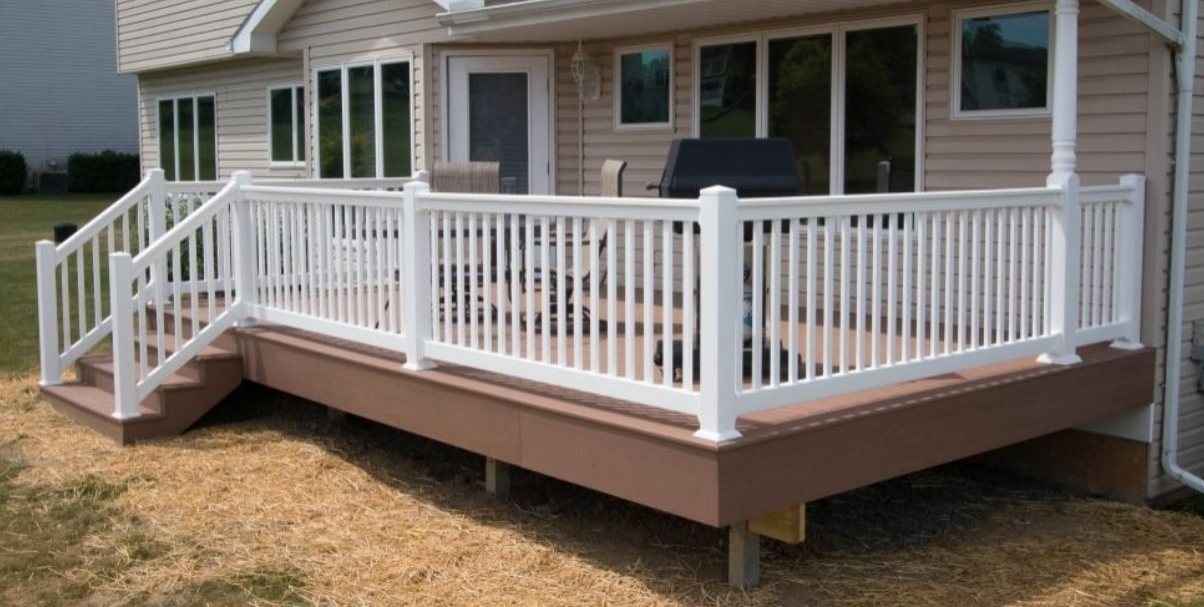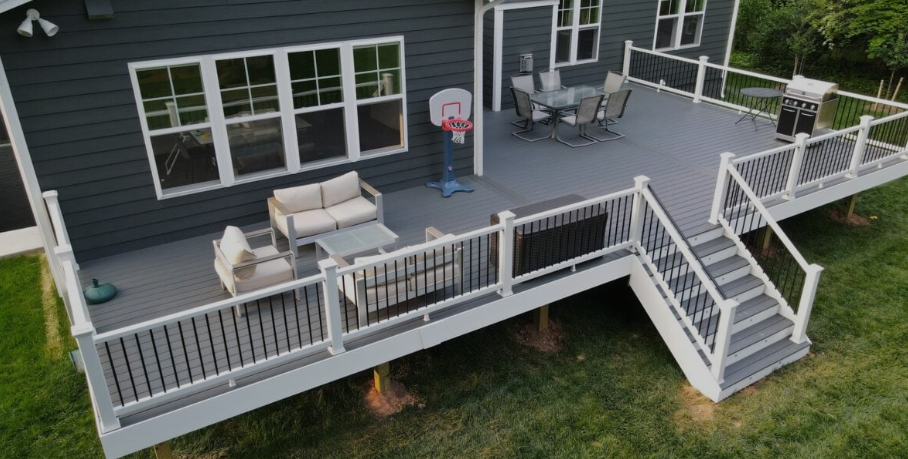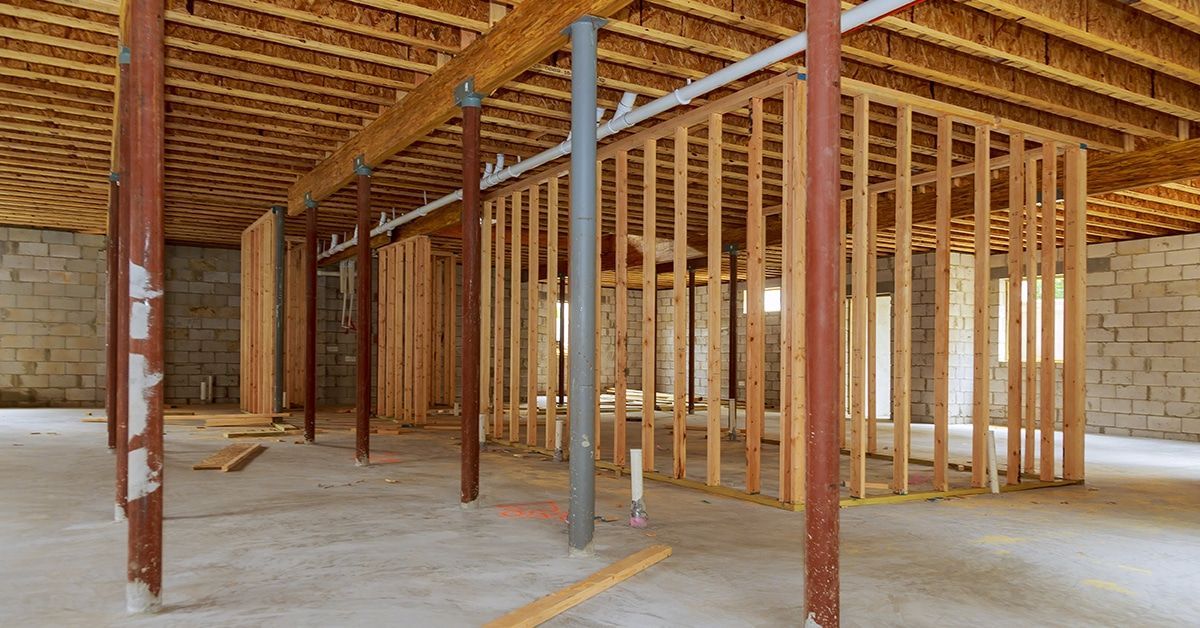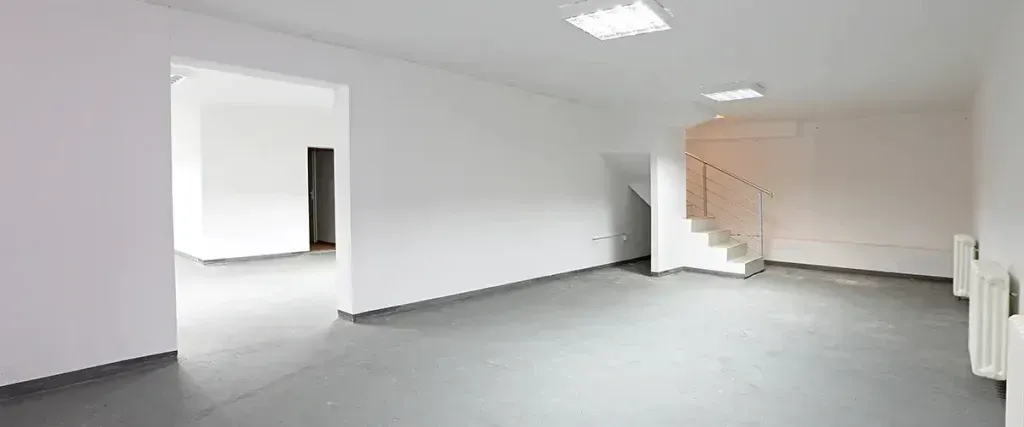Can I Do My Own Excavation in Rhode Island?
Yes, you can do your own excavation in Rhode Island as a homeowner, but you must comply with permit requirements, call Dig Safe at 811, and follow specific regulations depending on your project type and location. Rhode Island allows homeowners to perform work on their own single-family, owner-occupied properties with proper permits, but excavation projects involve significant safety, legal, and technical considerations.
Legal Requirements for DIY Excavation in Rhode Island
Homeowner Permit Rights
In Rhode Island, homeowners of single-family residences, owner-occupied, may take out permits if they perform the work without help. This means you can legally excavate on your own property, but specific conditions must be met:
- Property type: Single-family, owner-occupied residences only
- Work performance: You must perform the work yourself without hired help
- Permit requirement: Proper permits must be obtained before starting work
- Inspection compliance: Required inspections must be scheduled and passed
Dig Safe Requirements - Mandatory for All Excavation
Rhode Island law requires in most cases that you must call to have underground facilities located before you begin an excavation or demolition. This is a critical safety and legal requirement that applies to all excavation projects, regardless of who performs the work.
Dig Safe Process:
- Call 811 or use the online ticket-entry system
- Wait at least 72 hours excluding weekends and legal holidays
- Pre-mark your proposed excavation area with white paint, flags and/or stakes
- Allow utility companies to mark their underground facilities
- Begin excavation only after all utilities are marked
What DIY Excavation Projects Are Allowed in Rhode Island?
Permitted DIY Projects for Homeowners:
- Small landscaping excavation - Garden beds, planting areas under 2 feet deep
- Fence post installation - Individual post holes for residential fencing
- Minor drainage work - French drains and small drainage improvements
- Walkway and patio preparation - Excavation for hardscaping projects
- Shed foundations - Small accessory structures under 200 square feet
Projects Requiring Professional Contractors:
- Septic system installation - Requires licensed septic contractor
- Foundation excavation - Major structural work needs professional oversight
- Pool installation - Complex excavation with safety and engineering requirements
- Utility line installation - Gas, water, and electrical connections
- Major drainage systems - Storm water management and large-scale grading
Permit Requirements for DIY Excavation
When Permits Are Required:
Most excavation projects in Rhode Island require permits, even for DIY work. Common permit requirements include:
- Building permits - For any excavation associated with structures
- Grading permits - For significant earth moving or site alteration
- Drainage permits - For projects affecting water flow or drainage
- Septic permits - Always required for septic system work
Municipal Variations:
Different Rhode Island cities and towns have varying permit requirements:
- Providence - Requires permits for most excavation projects
- Warwick - Specific regulations for coastal area excavation
- Newport - Historic district considerations for excavation
- Cranston - Noise ordinances affecting excavation timing
Safety Considerations for DIY Excavation
Critical Safety Hazards:
- Underground utilities - Risk of electrocution, gas leaks, or service disruption
- Soil collapse - Trenches deeper than 4 feet require protective systems
- Equipment hazards - Rental equipment operation without proper training
- Environmental damage - Unintended impacts on drainage or neighboring properties
OSHA Requirements:
While homeowners aren't subject to OSHA regulations, following safety guidelines is crucial:
- Trench safety - Proper shoring for excavations over 5 feet deep
- Utility avoidance - Maintain safe distances from marked utilities
- Equipment safety - Proper training before operating rental equipment
- Emergency procedures - Know how to respond to utility strikes or accidents
Equipment and Tools for DIY Excavation
Hand Tools for Small Projects:
- Shovels and spades - Basic digging and trenching
- Pickaxe and mattock - Breaking up compacted soil and roots
- Trenching shovels - Narrow excavation work
- Hand tampers - Soil compaction for small areas
Rental Equipment Options:
- Mini excavators - 1-3 ton units for larger residential projects
- Trenching machines - Specific utility trenching applications
- Skid steer loaders - Versatile material handling and grading
- Compactors - Soil compaction for proper backfilling
Equipment Rental Considerations:
- Training requirements - Many rental companies provide basic instruction
- Insurance coverage - Verify homeowner's insurance covers equipment operation
- Delivery and pickup - Factor transport costs into project budget
- Fuel and maintenance - Daily operational costs
Common DIY Excavation Mistakes in Rhode Island
Permit and Legal Mistakes:
- Skipping Dig Safe - Potentially dangerous and legally required
- Working without permits - Can result in fines and project delays
- Exceeding scope - Going beyond what's allowed for homeowner permits
- Ignoring setbacks - Violating property line and utility easement requirements
Technical Mistakes:
- Inadequate planning - Poor site layout and grading design
- Improper depth - Not accounting for Rhode Island's 40-inch frost line
- Drainage issues - Creating water problems for your property or neighbors
- Soil handling - Improper stockpiling and disposal of excavated material
Safety Mistakes:
- Utility strikes - Hitting underground lines due to inadequate marking
- Equipment accidents - Operating rental equipment without proper training
- Trench collapse - Inadequate shoring in deep excavations
- Weather timing - Attempting excavation during poor conditions
Cost Comparison: DIY vs. Professional Excavation
DIY Excavation Costs:
- Equipment rental - $200-500 per day for mini excavators
- Permits - $50-200 depending on project scope
- Materials - Backfill, gravel, and drainage materials
- Tool rental - Hand tools and safety equipment
Professional Excavation Costs:
- Labor rates - $75-150 per hour for skilled operators
- Equipment charges - $100-300 per hour including operator
- Project management - Permit handling and inspection coordination
- Insurance and warranty - Professional liability coverage
Hidden DIY Costs:
- Time investment - Learning curve and slower work pace
- Mistake corrections - Fixing errors and rework
- Equipment damage - Potential rental equipment repairs
- Utility repair - Costs for accidental utility strikes
When to Choose Professional Services
Complexity Indicators:
- Deep excavation - Projects requiring trenches over 4 feet deep
- Rocky soil conditions - Areas requiring specialized rock removal
- Tight timelines - Projects with strict completion deadlines
- Regulatory complexity - Multiple permits and inspections required
Risk Factors:
- High utility density - Areas with numerous underground services
- Structural proximity - Excavation near foundations or buildings
- Environmental sensitivity - Wetlands or protected areas
- Seasonal challenges - Winter excavation requirements
Rhode Island Municipal Considerations
City-Specific Regulations:
- Providence - Urban density requires extra utility precautions
- Warwick - Coastal considerations for excavation projects
- Newport - Historic preservation requirements may apply
- Cranston - Noise ordinances affecting work hours
Inspection Requirements:
At minimum, a rough inspection is required before work is covered up in any way. This applies to DIY projects and ensures compliance with building codes.
Environmental Considerations
Soil and Water Protection:
- Erosion control - Preventing soil runoff during excavation
- Wetland protection - Maintaining required setbacks from water bodies
- Stormwater management - Proper drainage to prevent flooding
- Soil disposal - Legal methods for disposing of excess excavated material
Seasonal Timing:
- Spring - Ideal conditions but highest permit demand
- Summer - Best weather but potential water restrictions
- Fall - Good conditions before winter freeze
- Winter - Challenging conditions requiring special considerations
Frequently Asked Questions
Q: Do I need a permit for a small garden excavation in Rhode Island? A: Generally, shallow garden excavation under 2 feet deep doesn't require permits, but you must still call Dig Safe for any digging project.
Q: Can I rent excavation equipment as a homeowner in Rhode Island? A: Yes, most equipment rental companies rent to homeowners, but proper training and insurance verification are required.
Q: What happens if I hit a utility line during DIY excavation? A: Rhode Island requires that the Division be notified when underground facilities have been damaged. You may be liable for repair costs and service disruptions.
Q: How deep can I dig without professional help in Rhode Island? A: While there's no specific depth limit for homeowners, OSHA recommends professional shoring for trenches over 5 feet deep for safety reasons.
Q: Can I install my own septic system in Rhode Island? A: No, septic systems require licensed contractors and specialized permits through the Rhode Island Department of Environmental Management.
Considering an excavation project in Rhode Island but want professional guidance? Rockhouse Construction offers excavating services to help homeowners understand project requirements, obtain proper permits, and determine which aspects are suitable for DIY work. We also provide full-service professional excavation for complex projects that require specialized equipment and expertise. Contact us today to discuss your excavation needs and get expert advice on the best approach for your specific project.
